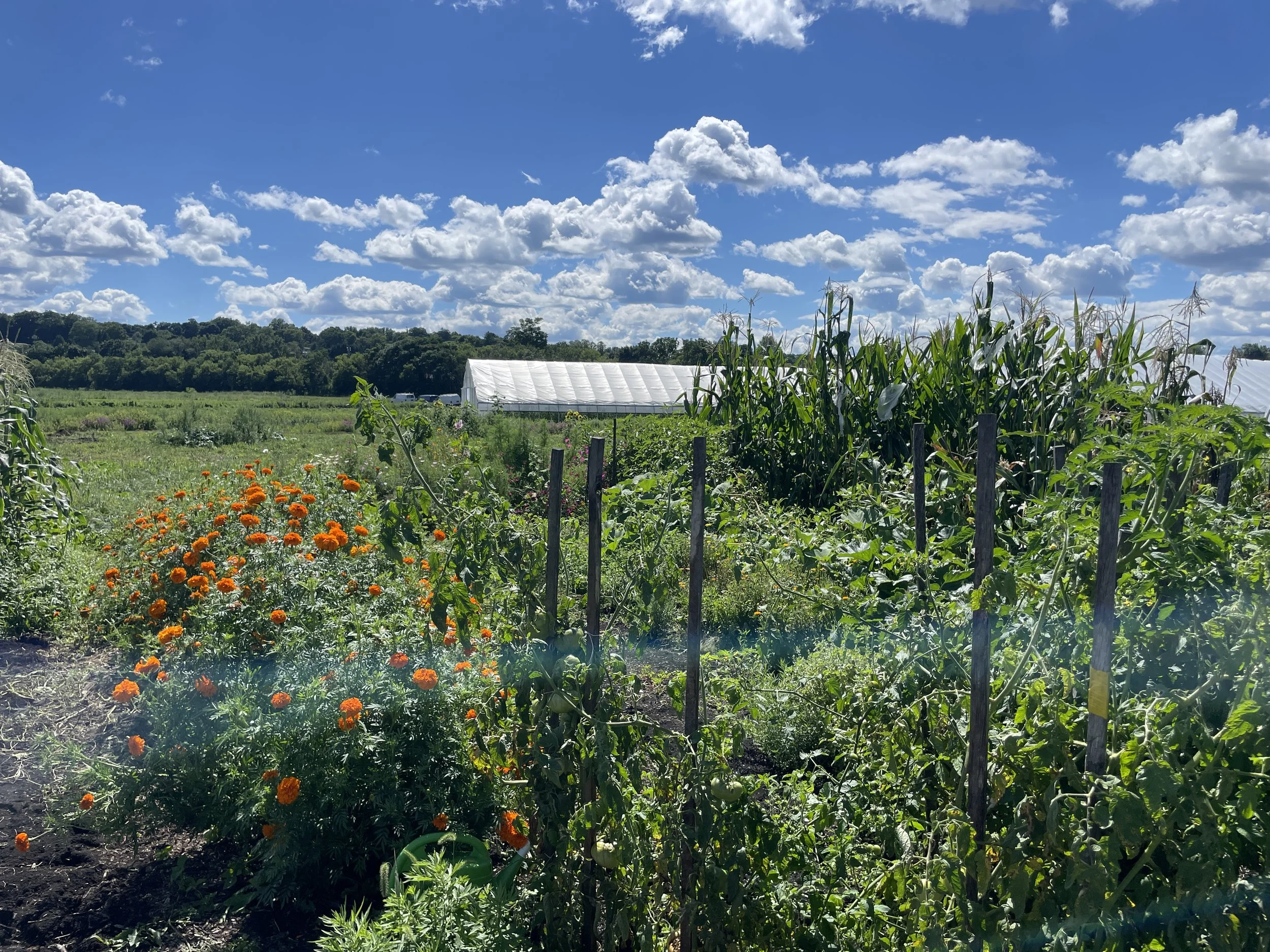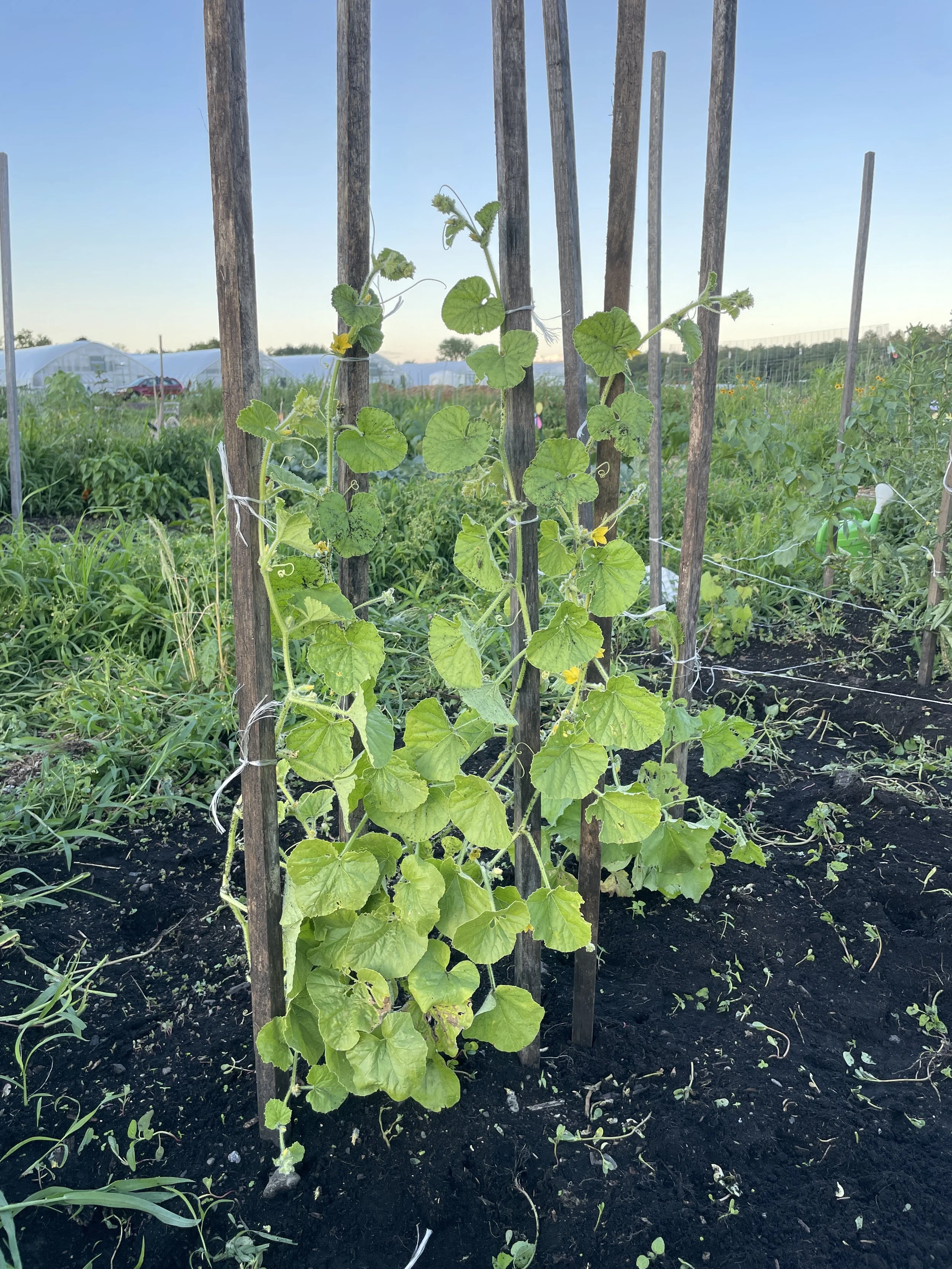The Farm
I first started making soap in the summer of 2020, while I was helping my friends Matt and Didi with their new herd of baby goats in the Rio Grande Valley. In a socially distanced fashion, they left a jar of fresh goat milk on my doorstep to experiment with, and thus began my long awaited study of the art and science of soap making.
Saboon Maazeh is Arabic for goat’s milk soap. I was fortunate to spend many a childhood summer in Lebanon, with parents who would often let me plan our trips. I would make powerpoint presentations of the places I wanted to go, and one summer the soap museum made it on the list. Walking around, my father and I were mesmerized by all the different tools necessary for soap-making. I promised myself that one day I would learn how to make our precious soap! Fast forward to years of studying agroecology and soil science combined with the major pivot our lives took in 2020, a reminder of how short our time can be, I prioritized studying this art and science.
Saboon Maazeh is definitely an untraditional name in both English and Arabic, and it makes me laugh. It is in line with my style of communication— direct and to the point. Despite the name, I do make soaps that are not only from goat’s milk. In the shop you will find a variety of soaps: saboon ghar, saboon nabulsi, goat's milk, tallow, and other plant based/vegan soaps. All tallow and goat's milk are sourced from farms of people I know who abide by sustainable and agroecological ranching practices. A percentage of all proceeds go to assist food security and humanitarian relief efforts in Lebanon and Palestine, which is also why I started Saboon Maazeh.
Today, the farm is located in Chester, New York, at the Chester Agricultural Center. Chester is a special place to farm because it is part of the Black Dirt Region. The soil falls under the category of muck soil, having previously been the bottom of ancient glacial lakes. Muck soil is a black, organic soil that's formed when swamp or marshland is drained. It's rich in humus (a dark, organic substance that forms in soil when plant and animal matter decays) and can contain 20–80% organic matter, a much higher percentage than other mineral soils that typically contain 1–5%. Muck soil is also known for its high concentration of tannins, which gives it its distinct dark color, leading to it being colloquially named "Black Dirt".
What I grow on the farm falls into one of three categories: medicinal plants, dye plants, and heirloom seeds from the Levant region. This is what we are growing for the 2024 season:
Medicinal Plants: sage, chamomile, calendula, yarrow, comfrey, tulsi, cornflower, marigold, marshmallow, lemon balm, lemon drops.
Dye Plants: indigo, coreopsis, madder root, marigold, cornflower, hollyhocks.
Heirlooms: mlukhiyye, grape leaves, yakteen, rashad, cauliflower, cabbage, khibbeyzeh/mallow, zaatar.
Inquiries and requests for any of the above are always welcome, as most of these goods can be packaged for same day delivery with one of our CSA pickups. Feel free to email or fill out the contact form!






